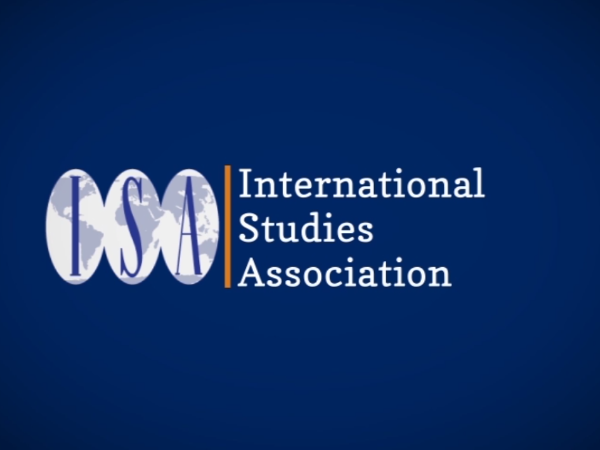New book out now!
The Face of the Nation: Gendered Institutions in International Affairs by Elise Stephenson
With foreword by Professor Ann Towns and interviews with Australian former Prime Minister Julia Gillard, former Foreign Minister Julie Bishop, and over 50 other women leading international affairs, this book is an essential read to understand gender and international affairs – from diplomacy to defence, policing, development, border protection and beyond.

Awarded the International Studies Association Bertha Lutz Award 2024 for research on women in diplomacy.
“Elise Stephenson’s forensic examination of the challenges faced by women in international affairs is eye-opening and a call to action to address the gendered barriers to leadership in diplomacy.” Julia Gillard, 27th Prime Minister of Australia
Foreign services globally are undergoing fundamental and rapid changes, spurred on by shifting social and governance norms and even the adoption of explicit feminist foreign policies in some states. For some, this has resulted in women’s rapidly increasing representation on the world stage. Yet, compounded by COVID-19, a rise in right-wing misogyny and extremism, and sometimes archaically slow-moving institutions, progress is marred by leadership glass ceilings and glass cliffs, as well as myriad individual and organisational challenges that have increased in recent years. Women remain frequently side-lined, marginalized, under-valued, and overlooked in international affairs. In short, international affairs has a gender problem, and remains one of the worst-performing sectors of the state.
After studying women’s leadership and gender relations across four international affairs agencies spanning diplomacy, defense, national security, policing, and intelligence, The Face of the Nation contributes empirical data from the last 30+ years on women’s representation in a leading case context–Australia–to understand the disconnect between pockets of progress and undercurrents of resistance. Australia is a global leader in terms of representation of women and policy supports for gender equality in governance. Yet, Australia also demonstrates how deeply gendered, racialized, and heteronormative international institutions remain. Through in-depth interviews with almost 80 global leaders, including with Australia’s first female prime minister, Julia Gillard, and the first female foreign minister, Julie Bishop, this book delivers a much-needed Intersectional Feminist Institutionalist approach to trace the evolution of inequalities in international affairs and interrogate why women still remain under-represented in international affairs.
Testimonials
- “Elise Stephenson knows that ‘Who Leads, Matters’, and demonstrates why. She explores the obstacles, opportunities and the optimism surrounding women leaders in international affairs. She shows that we are on the verge of creating herstory in international affairs, with women on the verge of parity. Her ground-breaking research and invigorating approach is a stellar addition to the discussion of women in global affairs.” Natasha Stott Despoja, Committee on the Elimination of Discrimination Against Women (CEDAW)

Testimonials
- “Elise Stephenson has penned a magisterial work on the situation of Australian women in its foreign policy and security establishments. Offering a pioneering quantitative analysis of departmental trends as well as fifty-seven in-depth interviews with women in relevant agencies, Stephenson offers the most comprehensive look ever at how women navigate their lives within these still largely male institutions. Using a feminist institutionalist analysis, Stephenson shows that while Australia has one of the best records in the world on the representation of women in these fields, in the end it was naïve to assume that numbers alone would bring change. This incredibly useful baseline study will be a go-to for policymakers grappling with how to bring about a more meaningful equality for women in the world of Australian national security and international diplomacy.” Valerie M. Hudson, Texas A&M University
- “In an era of polycrisis, diplomacy has never mattered more to global futures, and yet our understanding of diversity and representation in international affairs still has many gaps. Dr. Stephenson draws on sophisticated data analysis to make a groundbreaking contribution about the way ‘genteel toxic masculinities’ play out in international-facing government agencies, delving into the structures and informal rules that lead to persistent underrepresentation of women representing the state, and in particular, more diverse women.” Susan Harris Rimmer, Griffith University
Watch: Book launched by first female foreign minister, Julie Bishop, and international human rights lawyer Prof Susan Harris Rimmer
Contact
E: elise.stephenson@anu.edu.au



